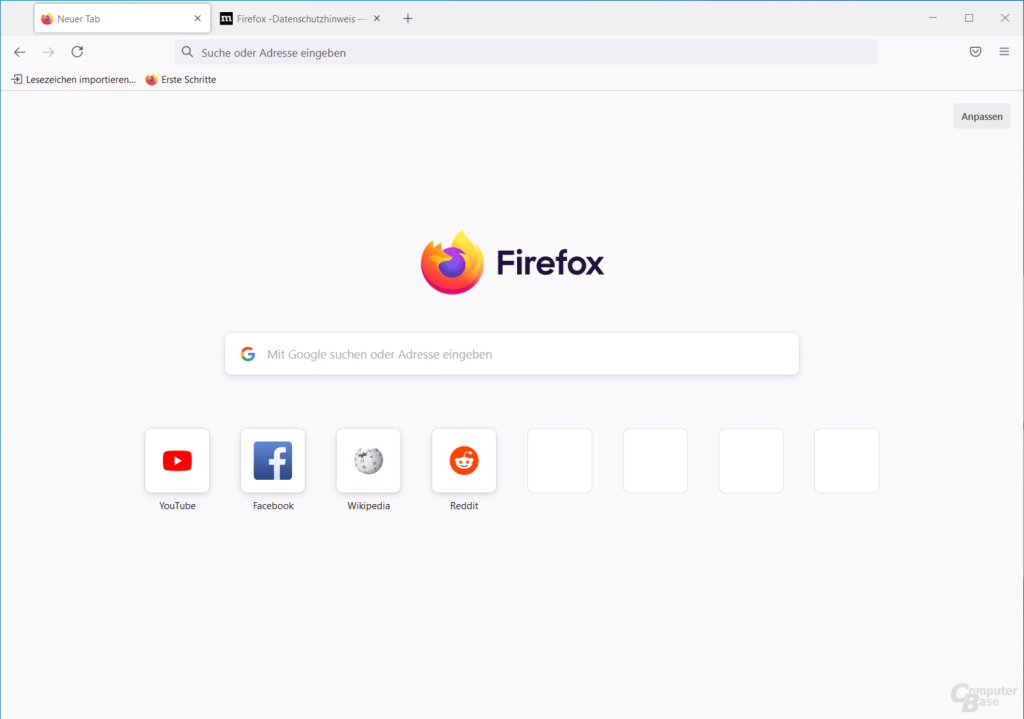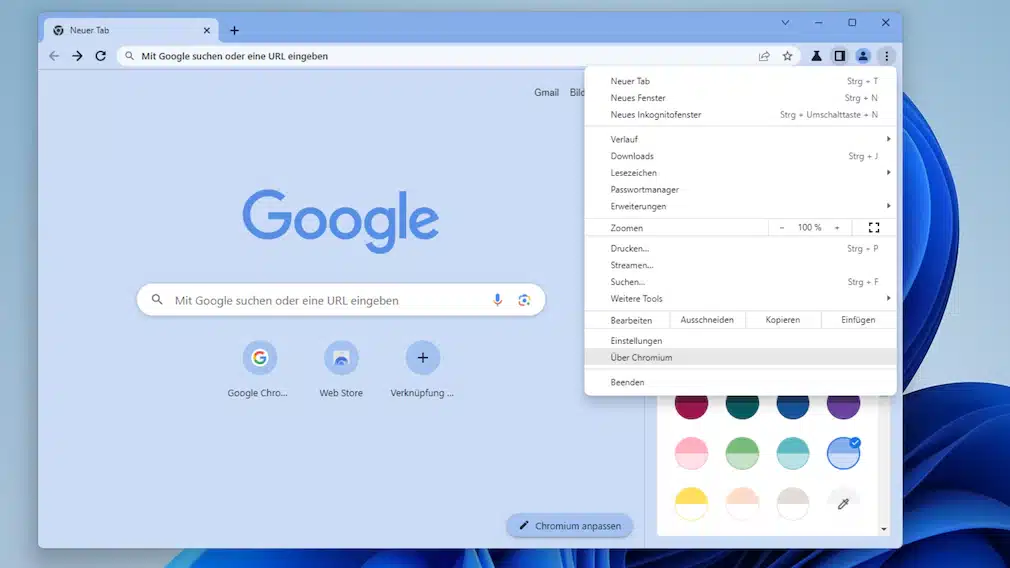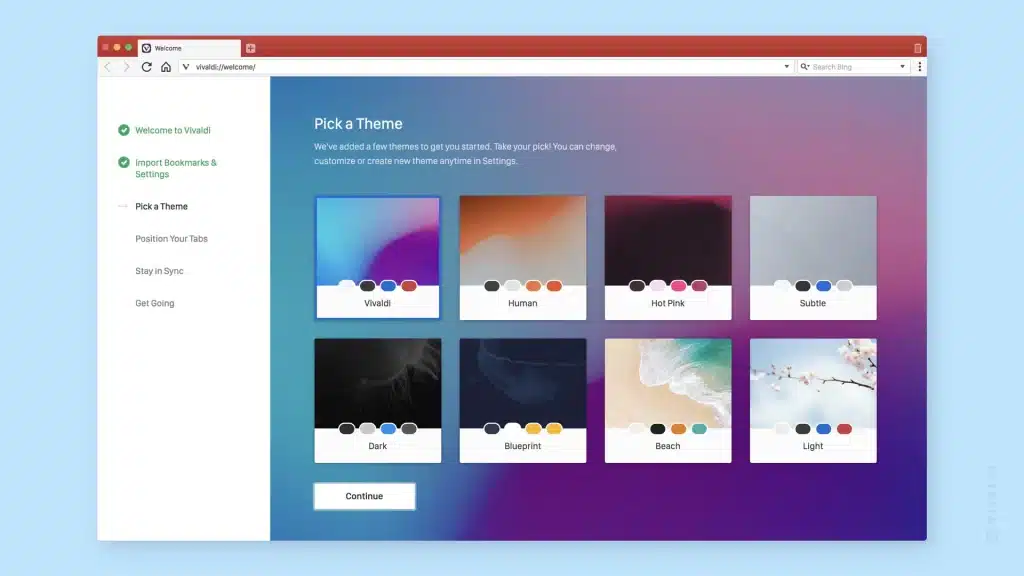
Best Linux Web Browsers for 2023
Introduction:
In the ever-evolving world of Linux, web browsers are essential tools that can greatly impact your online experience. With the growing demand for privacy, speed, and compatibility, it’s essential to choose the right web browser to meet your specific needs. In this blog post, we will explore some of the best Linux web browsers for 2023, highlighting their key features and what makes them stand out in the Linux ecosystem.

1. Mozilla Firefox:
Mozilla Firefox has been a favorite among Linux users for years, and it continues to be a top choice in 2023. Known for its privacy-centric features, open-source nature, and customizable interface, Firefox offers a secure and user-friendly browsing experience. It supports a wide range of extensions and themes, allowing you to tailor your browser to your liking.
Key Features:
– Enhanced Tracking Protection: Protects your privacy by blocking unwanted trackers.
– Sync across devices: Access your bookmarks, history, and passwords across multiple devices.
– Wide range of extensions: Customize your browsing experience with a variety of add-ons.

2. Google Chrome:
Google Chrome, though not open-source, remains a popular choice among Linux users due to its speed and seamless integration with Google services. It’s known for its high performance and stability, making it a reliable option for daily browsing. You can install Chrome on Linux via the official package provided by Google.
Key Features:
– Speed and performance: Chrome is renowned for its fast page loading times.
– Google Account integration: Sync your browsing data and settings across devices.
– Extensive extension library: A vast selection of extensions to enhance your browsing experience.
3. Chromium:
Chromium is the open-source project behind Google Chrome, and it’s a great option for Linux users who prefer an open-source alternative to Chrome. While it lacks some proprietary features found in Chrome (like automatic updates), it offers a lightweight and customizable browser experience.
Key Features:
– Open-source: Community-driven development and transparency.
– Privacy-focused: Chromium doesn’t have Google’s tracking and data collection features.
– Customization: You can tailor Chromium to your preferences with various extensions and themes.

4. Brave:
Brave is a privacy-focused web browser that’s gained popularity for its commitment to user privacy and ad-blocking capabilities. It’s built on the Chromium engine, so it offers a familiar browsing experience while enhancing privacy and security.
Key Features:
– Privacy by default: Blocks ads and trackers by default for a faster and more private browsing experience.
– Brave Rewards: Earn cryptocurrency for viewing privacy-respecting ads.
– Built-in Tor support: Enhanced privacy with the option to browse via the Tor network.
5. Vivaldi:
Vivaldi is a highly customizable web browser that’s designed for power users. While not as well-known as some other options, Vivaldi offers an extensive set of features, a built-in notes feature, and a focus on user customization.
Key Features:
– Tab management: Advanced tab handling and grouping features.
– Speed dial: Customizable start page with quick access to favorite sites.
– Sidebar navigation: Quick access to bookmarks, downloads, and notes.
Conclusion:
The Linux ecosystem offers a diverse range of web browsers to cater to various preferences and needs. Whether you prioritize privacy, speed, customization, or a combination of these, you’ll find a suitable option among the best Linux web browsers for 2023. Mozilla Firefox, Google Chrome, Chromium, Brave, and Vivaldi each have their unique strengths, so it’s worth trying them out to see which one aligns best with your browsing requirements. Ultimately, the “best” browser for you will depend on your specific needs and preferences.
Best Linux Web Browsers for 2023
(F.A.Q)
Is Google Chrome the best choice for Linux users, despite it not being open-source?
Google Chrome is a popular choice for Linux users due to its speed and compatibility with various websites. However, its open-source counterpart, Chromium, provides a similar browsing experience without the proprietary Google services. The choice between the two depends on your preference for open-source software and your willingness to trade some convenience features for greater control over your browser.
What makes Brave a top choice for Linux users?
Brave stands out as a top choice for Linux users because of its strong commitment to privacy and security. It blocks ads and trackers by default, offering a faster and more private browsing experience. Additionally, Brave’s unique feature of earning cryptocurrency for viewing privacy-respecting ads sets it apart from other browsers.
Can I use Firefox extensions on other Linux web browsers?
While Mozilla Firefox has a vast library of extensions, you cannot use them directly on other web browsers like Chromium, Chrome, Brave, or Vivaldi. Each browser has its extension ecosystem, and developers need to create specific versions for each browser. However, some popular extensions might have similar alternatives available for other browsers.
How do I install these web browsers on my Linux system?
Installing web browsers on Linux is generally straightforward. For Firefox and Chromium, you can usually find them in your Linux distribution’s software repositories and install them using your package manager. For Google Chrome, Brave, and Vivaldi, you can download their official Linux packages from their respective websites and follow the installation instructions provided.





